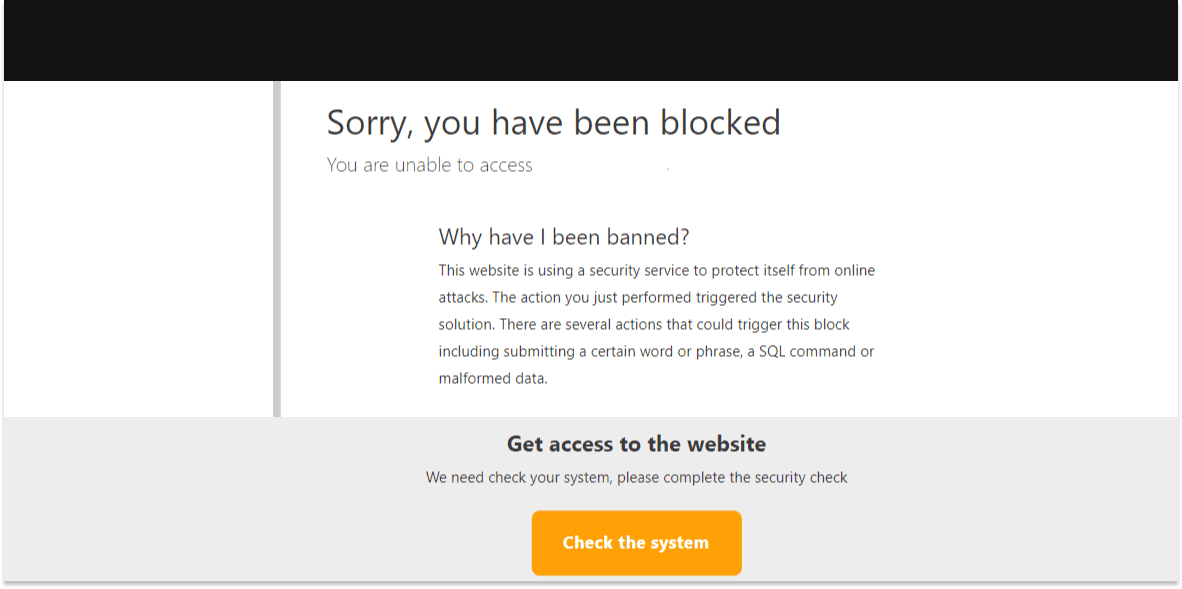
What is WAF and why your business website need one
Nearly every brand today—whether a small business, a medium-sized enterprise, or even a global corporation—has a website. But a website serves more than just a representational or sales function; it's also a magnet for various types of visitors.
It might seem like only potential customers interested in your products or services visit your site. However, in reality, not all visitors are genuine users. A significant portion of traffic comes from automated bots, which scan websites looking for vulnerabilities and potential entry points for cyberattacks. These bots are malicious programs that, upon discovering security flaws, can launch attacks without the website owner even realizing it. But how does this happen?

When a bot, rather than a legitimate user, visits your site, it identifies weak spots and informs its creator—a hacker intent on infiltrating specific business websites. The hacker might not immediately take over or shut down your site but could remain a silent observer, exploiting your site's resources without leaving any obvious traces. This covert access allows them to spy on your activities and use your site’s resources secretly, all without your knowledge.
Moreover, these bots distort your website traffic analytics, making it difficult for businesses to accurately assess data and forecast sales. It might appear that your site is generating a high volume of visitors, but not all of these visits are legitimate. Alongside real users, bots are counted, leading to misleading data that can confuse business analysts, making it challenging to evaluate the effectiveness of marketing campaigns.
An unsecured website is at high risk of suffering significant losses due to potential cyberattacks. Even if these attacks don’t lead to an immediate site takeover, the consequences—such as espionage or unauthorized use of your site's resources—can result in unexpected, costly problems. To safeguard against these threats, a specialized protective system called a Web Application Firewall (WAF) is essential.

A WAF protects your website by ensuring that only authorized users—typically your employees—access your systems, and only from approved IP addresses. This security measure also filters incoming traffic, blocking unwanted bots from entering your site. Additionally, a WAF can block traffic from specific regions or countries where your business doesn’t expect to find customers. For example, a Lithuanian business with a Lithuanian-language website targeting local customers doesn’t need to keep its site open to the entire world. Excessive openness increases the risk of hacking, burdens your website server, and skews your analytics.

A WAF is an affordable, cost-effective, and easy-to-implement solution that protects your site from malicious software, artificial bot traffic, and potential intrusions. It also refines your website traffic analytics by filtering out unwanted visitors.
Our team recommends Cloudflare as a WAF provider (https://www.cloudflare.com/), which offers a free trial, easy installation without altering your website server or configuration, and a range of other network solutions. We also recommend AWS Amazon (https://aws.amazon.com/) for more advanced website protection solutions, particularly if your site is hosted on AWS Cloud.
For those interested in learning more about the benefits of a WAF system, contact your website administrator or feel free to reach out to the Adevio.eu team. Our specialists are ready to provide consultations or help you efficiently implement WAF functions to protect your business website.
